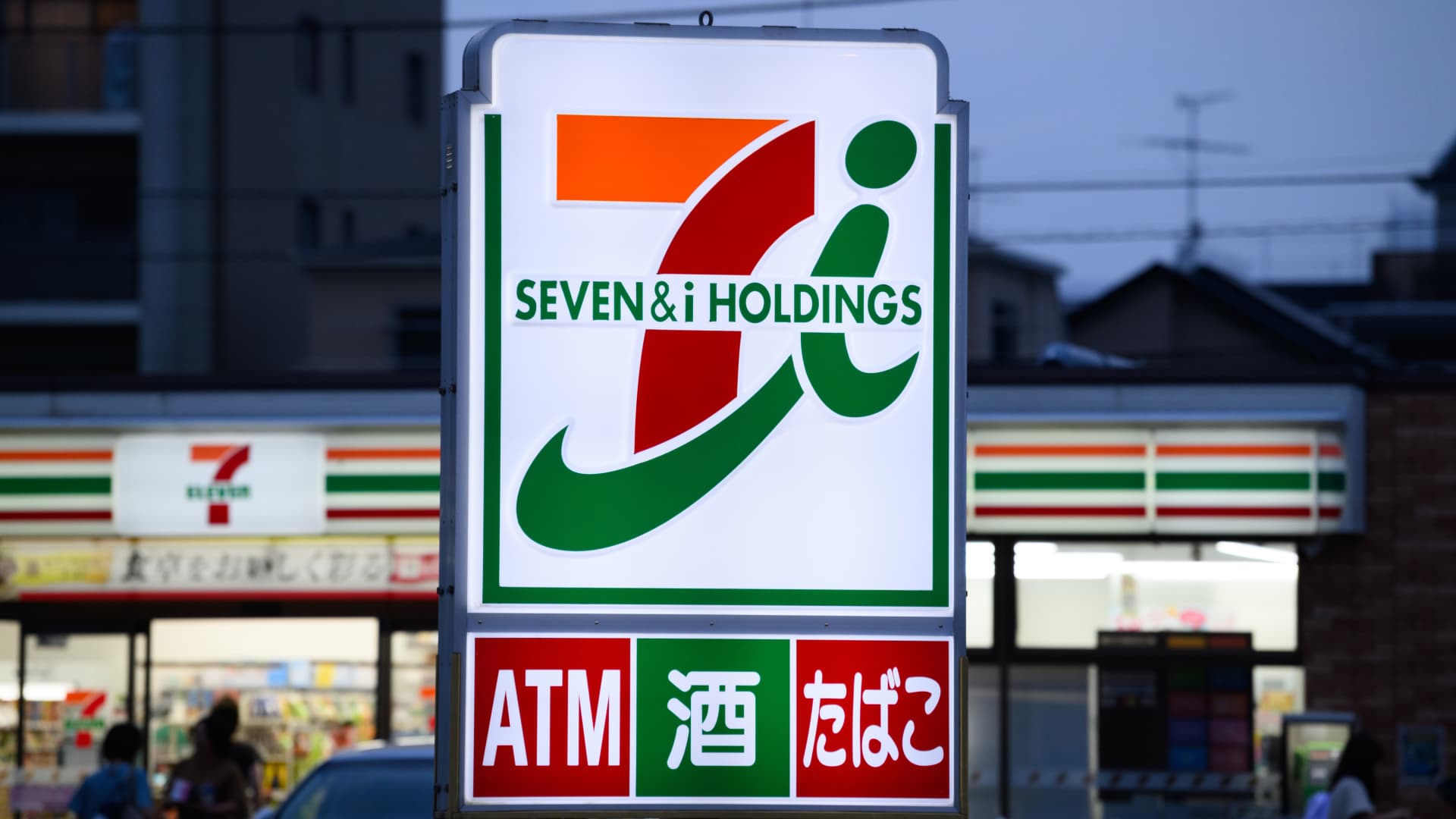Canadian retailer Alimentation Couche-Tard announced on Wednesday that it is pulling its $47 billion takeover offer for Japan's Seven & i Holdings.
Why it matters
- Alimentation Couche-Tard's withdrawal highlights the challenges faced by foreign investors in acquiring Japanese companies amid regulatory scrutiny.
- This decision may impact the competitive landscape of the convenience store sector in Japan, where Seven & i Holdings is a key player.
- The failed bid signals the complexities and risks associated with large-scale mergers and acquisitions in the retail industry.
In a significant development for the retail industry, Canadian company Alimentation Couche-Tard announced on Wednesday that it has decided to retract its $47 billion proposal to acquire Japan's Seven & i Holdings. This move comes after a period of intensive negotiations and scrutiny, marking a pivotal moment for both entities involved.
Alimentation Couche-Tard, known for its extensive network of convenience stores across North America and Europe, had set its sights on expanding into the Asian market through this monumental acquisition. Seven & i Holdings, the parent company of the well-known 7-Eleven convenience store chain in Japan, represents a substantial asset in the retail sector. The proposed merger aimed to create a powerhouse in the convenience store market, combining Couche-Tard’s operational expertise with Seven & i’s established brand and market presence.
However, the deal faced considerable hurdles, particularly regarding regulatory approvals. Japan has been known for its cautious approach towards foreign acquisitions, prioritizing domestic interests and national security. This scrutiny has intensified in recent years, as the government has taken a firmer stance against foreign takeovers, especially in critical industries such as retail and food.
Sources close to the negotiations indicated that despite Couche-Tard's willingness to engage with Seven & i and its shareholders, the complexities surrounding regulatory compliance and the potential pushback from Japanese authorities proved to be insurmountable. As a result, Couche-Tard opted to terminate the pursuit, a decision that underscores the difficulties foreign companies can encounter when seeking to enter the Japanese market.
The withdrawal of Couche-Tard from the acquisition bid has significant implications for the retail landscape in Japan. Seven & i Holdings, which operates thousands of 7-Eleven stores across the country, will continue to navigate its business in an increasingly competitive market without the proposed collaborative benefits that could have arisen from the merger. Analysts suggest that this turn of events may lead Seven & i to reassess its strategic direction and explore alternative avenues for growth, possibly focusing on enhancing its existing operations or pursuing partnerships that do not involve foreign ownership.
For Couche-Tard, the decision to withdraw from the acquisition not only represents a financial setback but also a reevaluation of its international expansion strategy. The company has been on a quest to grow its footprint beyond North America, and this setback may prompt it to reconsider its approach to entering new markets. Industry experts speculate that Couche-Tard might focus on smaller acquisitions or partnerships that align more closely with its operational capabilities and strategic goals, potentially avoiding the complications that large-scale deals can bring.
Furthermore, the cancellation of this high-profile bid may serve as a cautionary tale for other foreign investors considering ventures into Japan. The landscape is characterized by a unique blend of cultural and regulatory factors that can complicate the acquisition process, and the response from the Japanese government can be unpredictable. As the global economy continues to evolve, the dynamics of international mergers and acquisitions will remain a focal point for corporations looking to expand their reach.
In conclusion, the decision by Alimentation Couche-Tard to withdraw its $47 billion offer for Seven & i Holdings sheds light on the intricate challenges of cross-border acquisitions. The ramifications of this move will likely resonate within the industry, influencing not just the companies involved but also shaping the strategies of future investors looking to enter the Japanese market.











